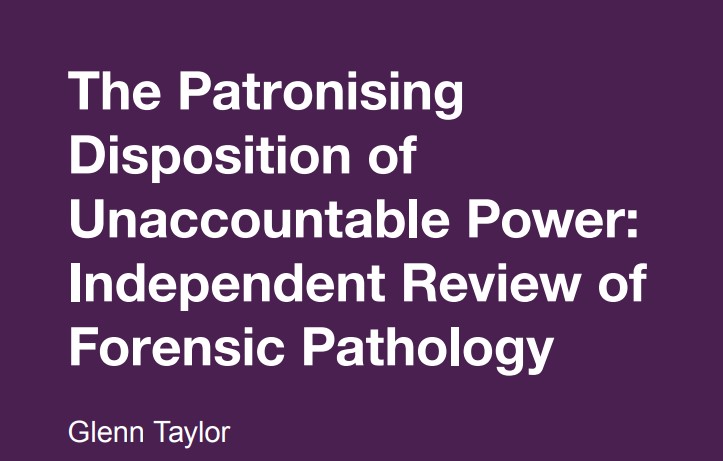
Responding to the review of how bereaved families were treated by the authorities after their relatives died in the 1989 Hillsborough disaster , the home secretary, Yvette Cooper, confirmed that the government will be accepting all of the report’s recommendations, which it will work at pace to deliver.
Some of the Hillsborough families told the review that they were never informed that a postmortem was to be carried out on their relatives and had suffered enduring trauma from the cold and clinical nature of the process.
Families whose relatives were killed in the 2017 Manchester Arena bombing also spoke to the review about their experiences. It found that they, too, experienced poor and traumatic communication by the authorities.
The review identified seven areas for reform, which were common to the experience of families bereaved by the Hillsborough disaster and Manchester bombing. These include:
- Talking to affected families so they know what to expect.
- Offering the opportunity to talk through the pathologist’s findings.
- Communicating with families with empathy and understanding.
- Understanding the need of families to spend time with their lost one.
- Ensuring that forensic pathology facilitates the assessment of whether a person may have survived for longer given different circumstances.
- Engaging families on possible access to postmortem photographs.
- Avoiding any potential perception that families have not been treated consistently over the postmortem process.
Read the full review here
